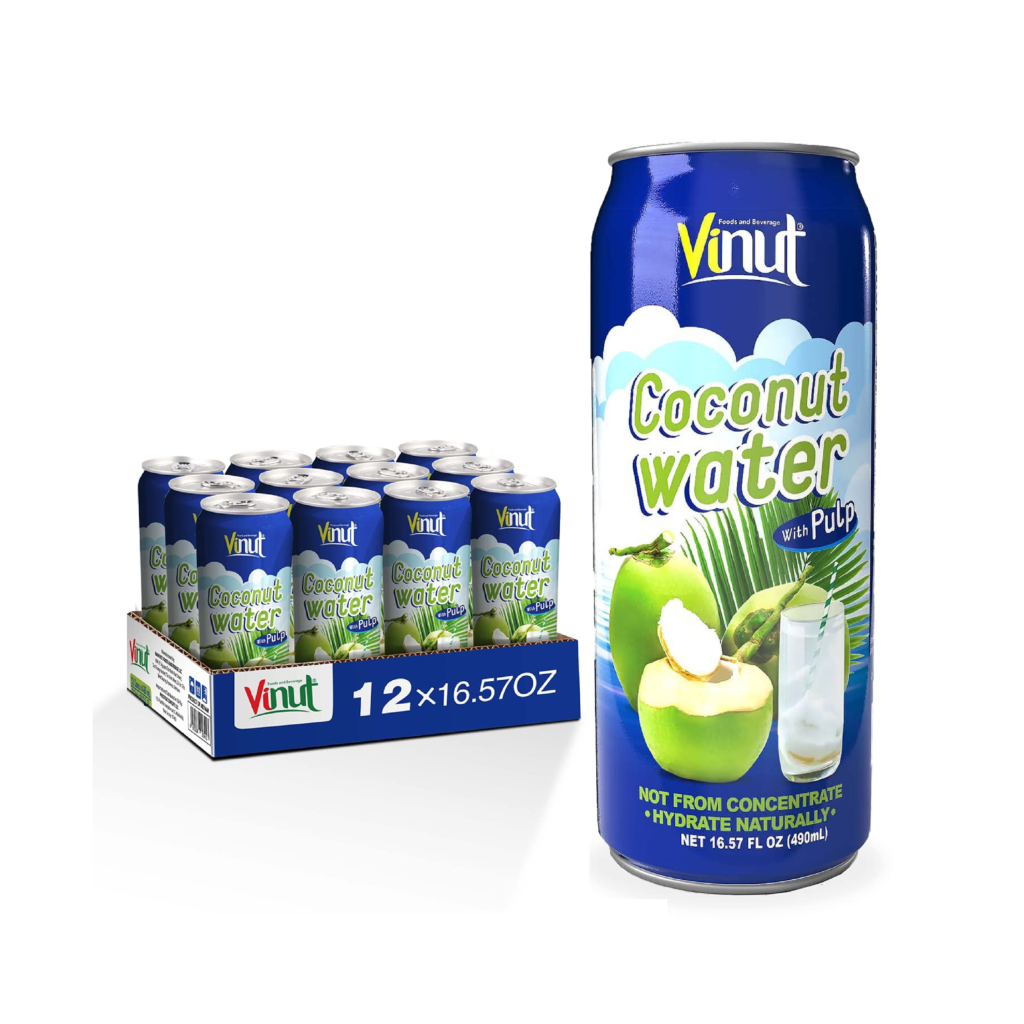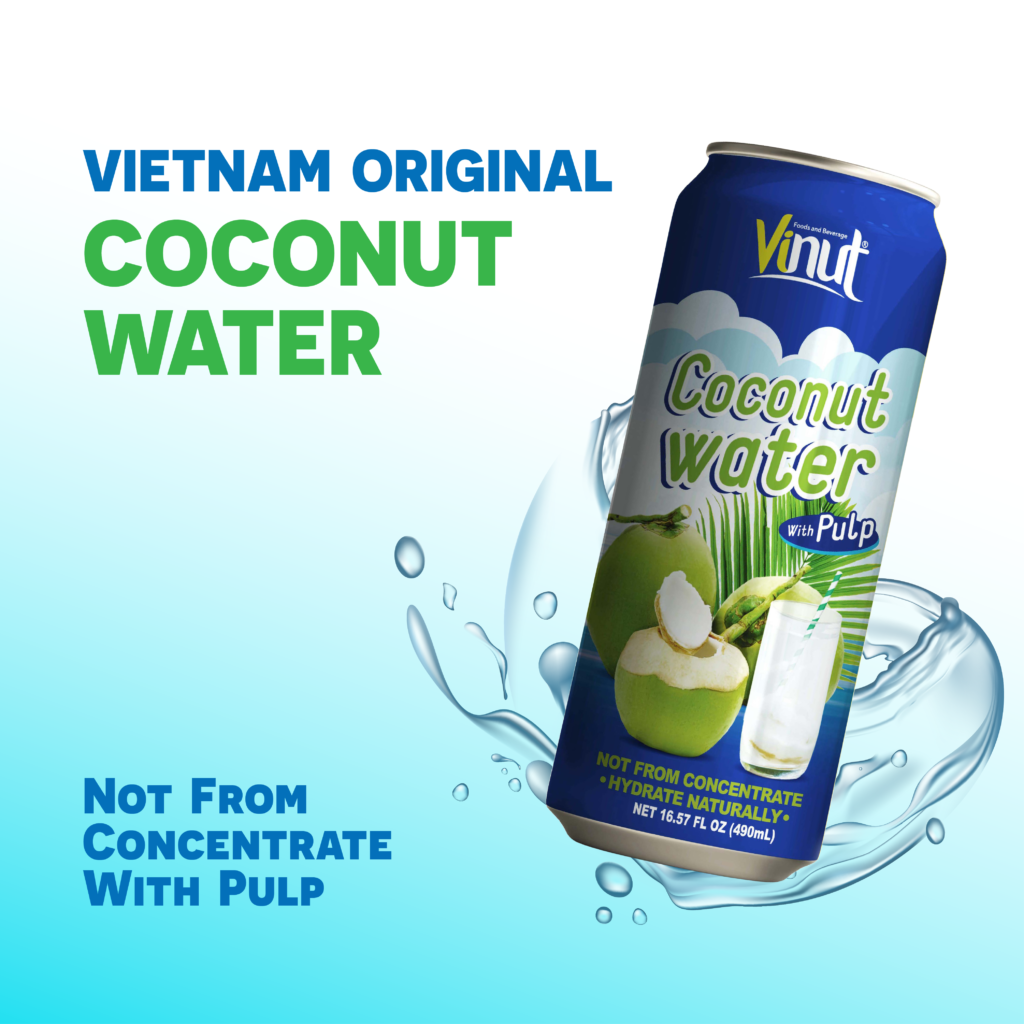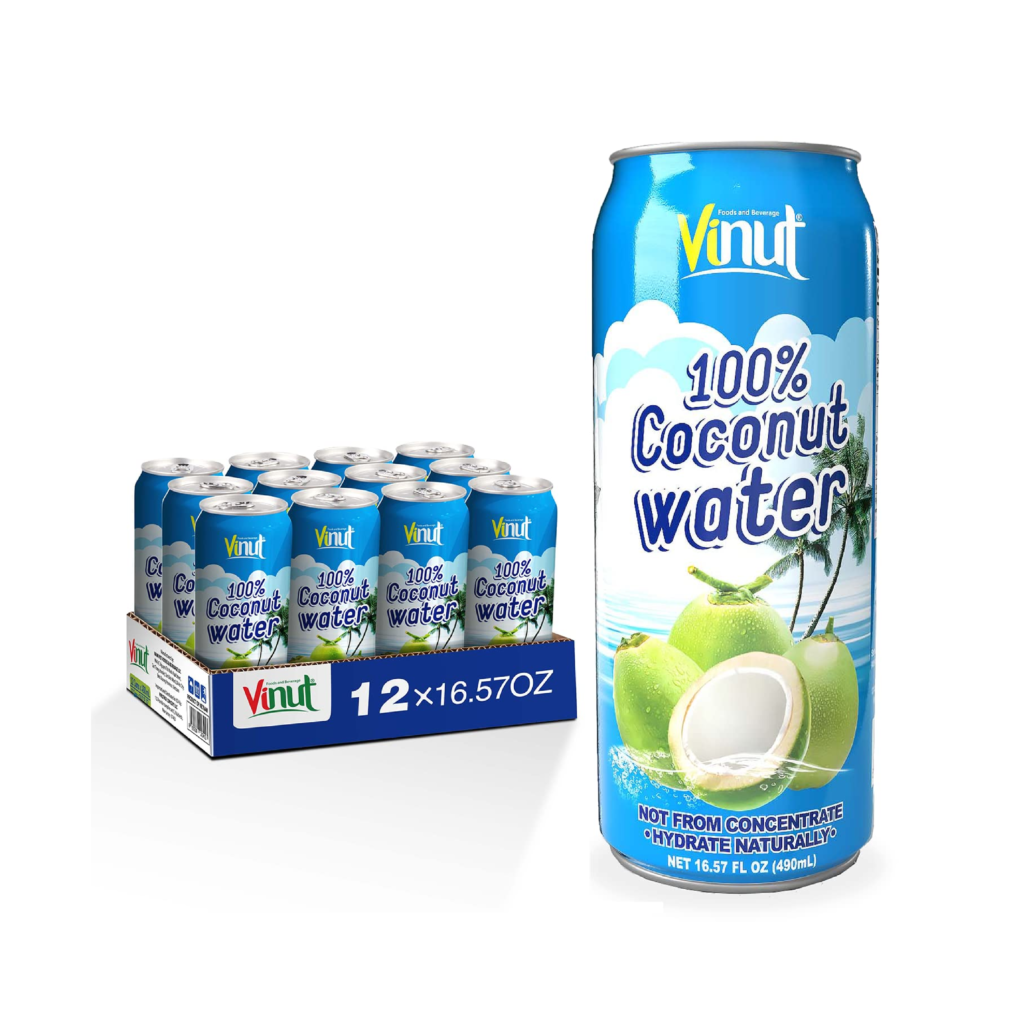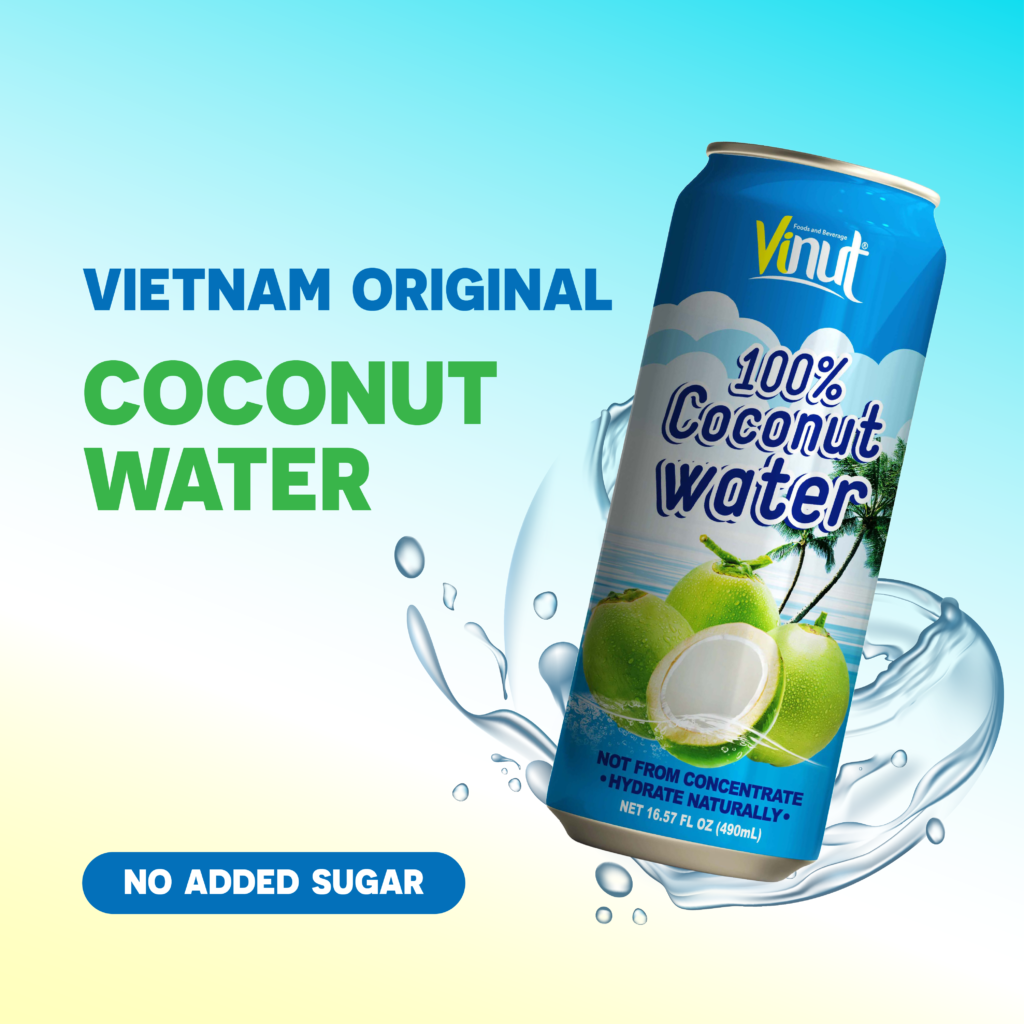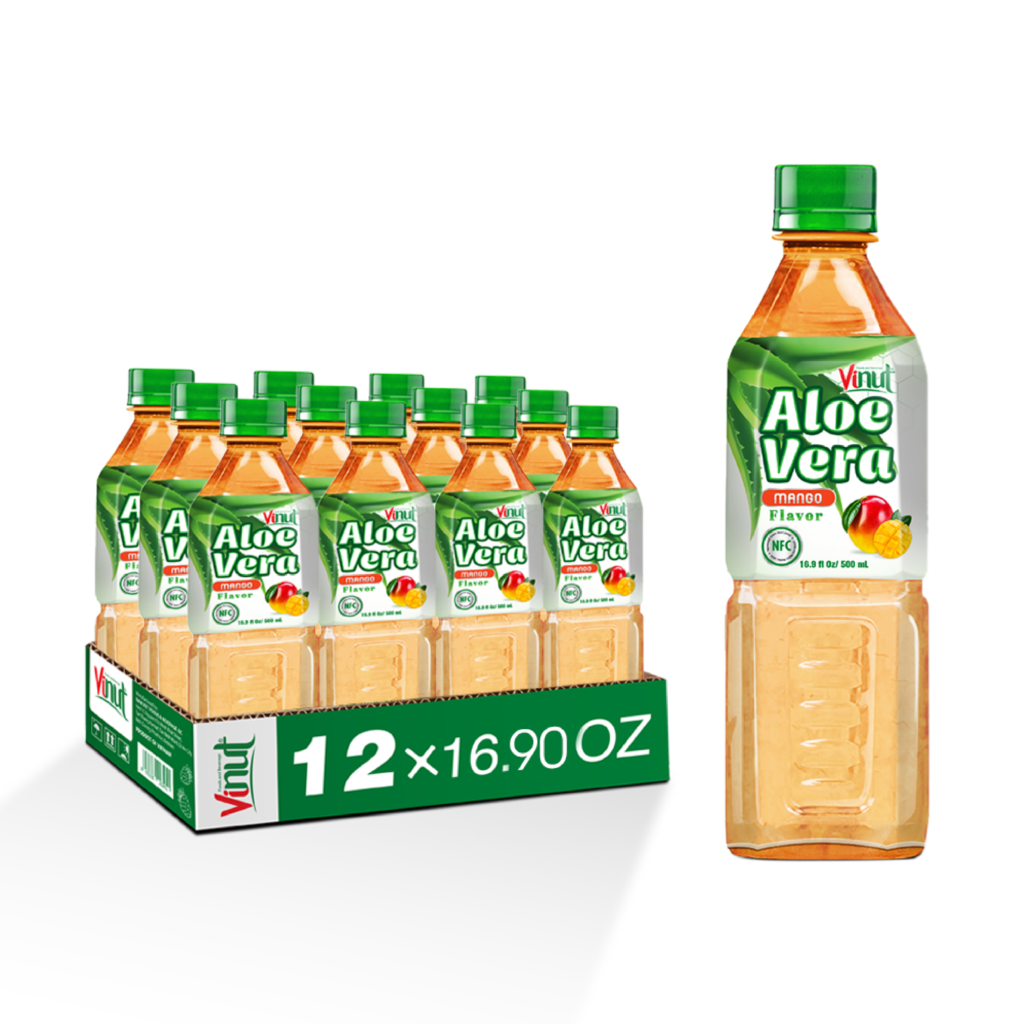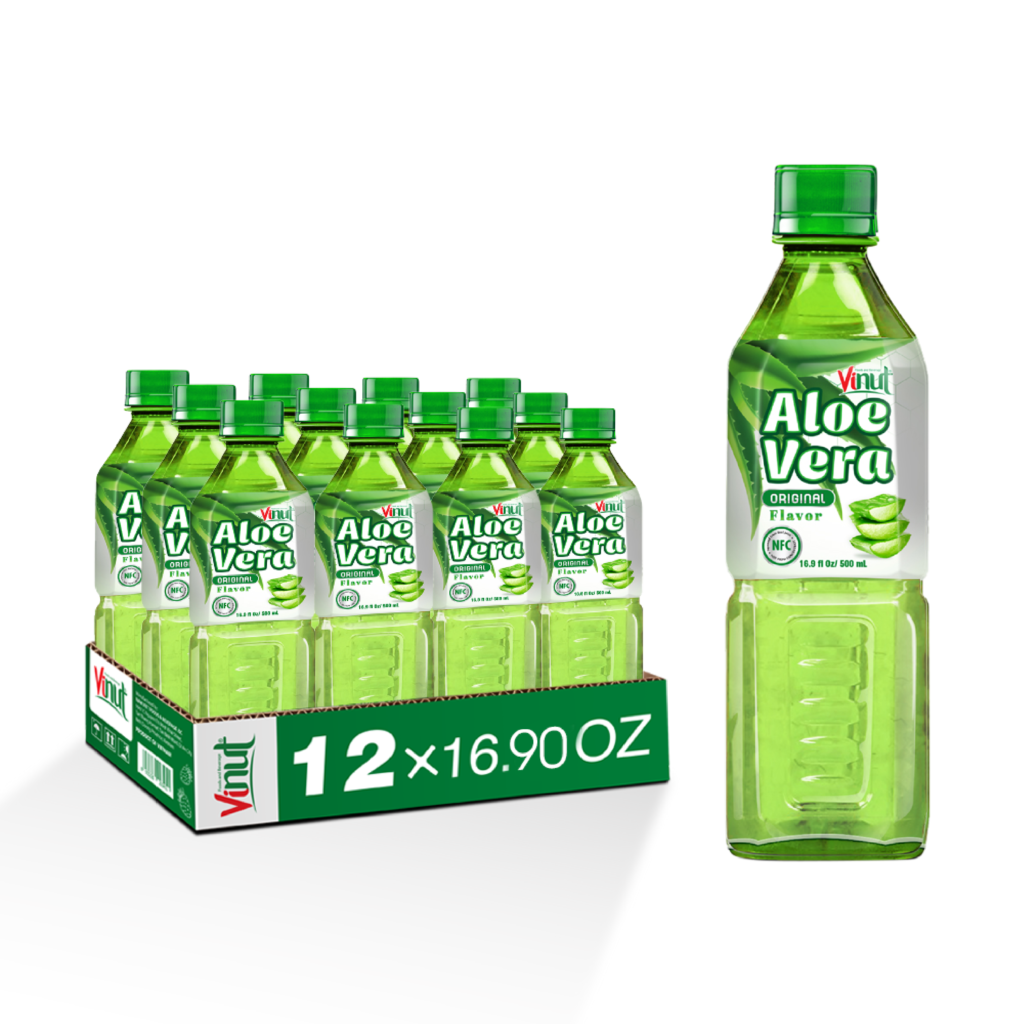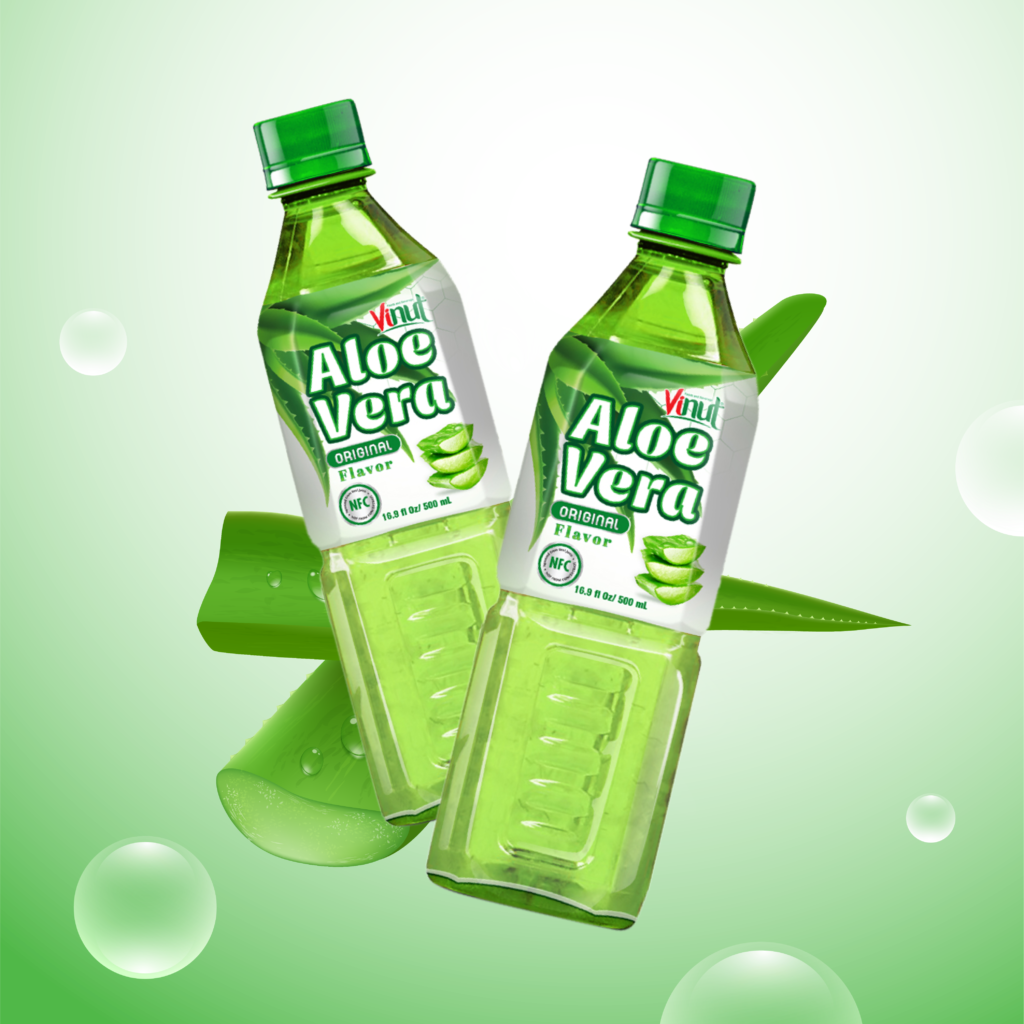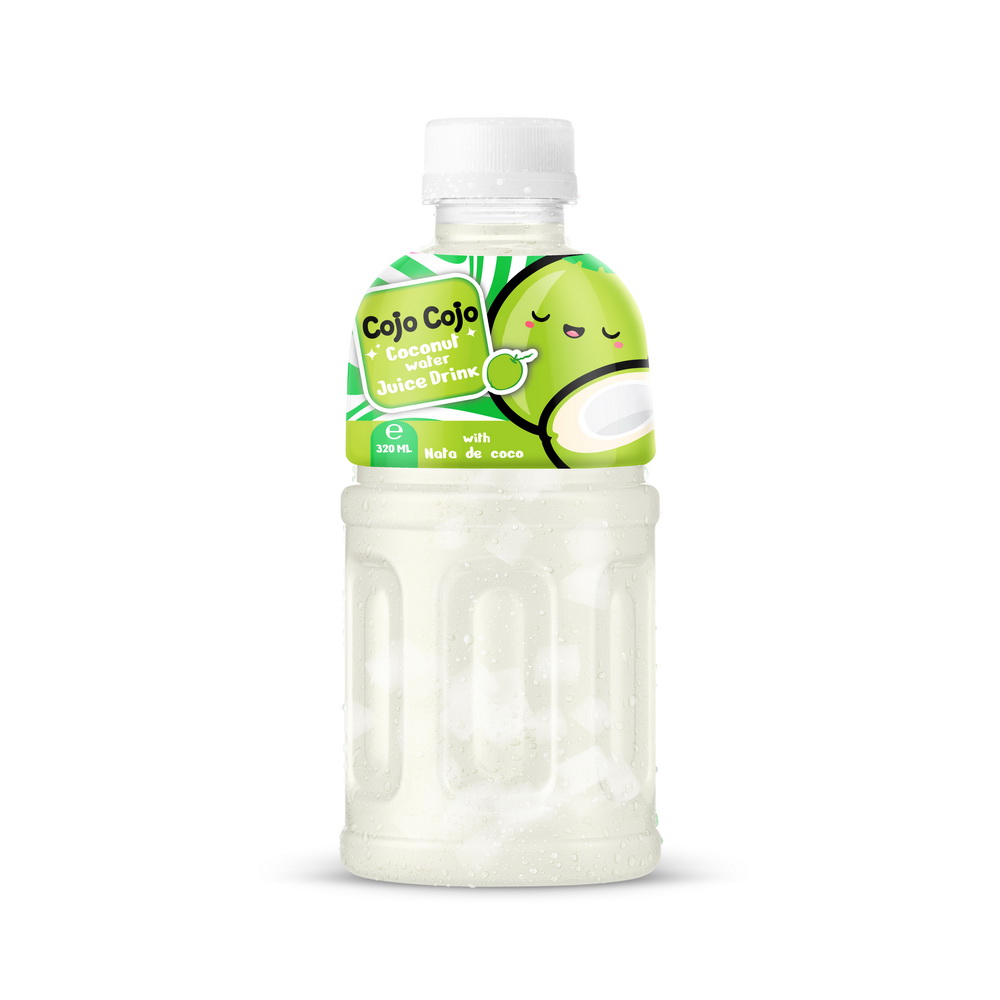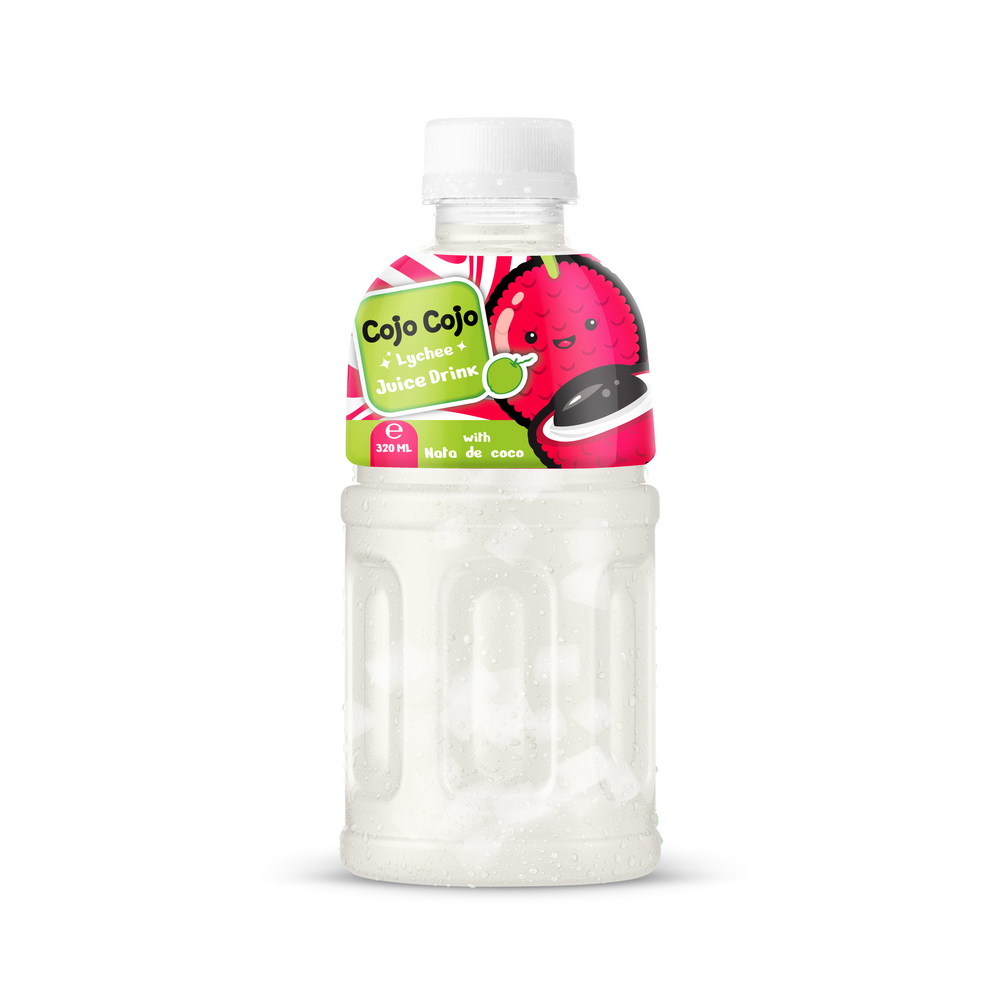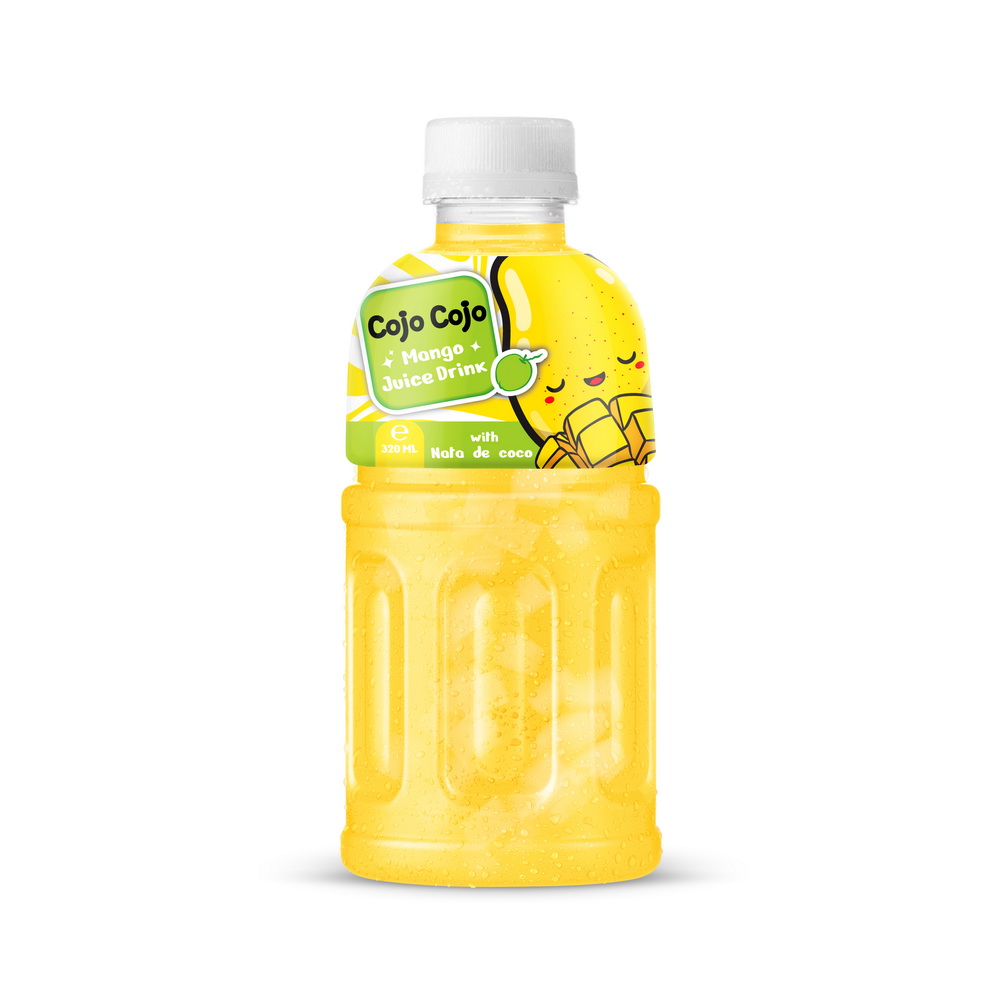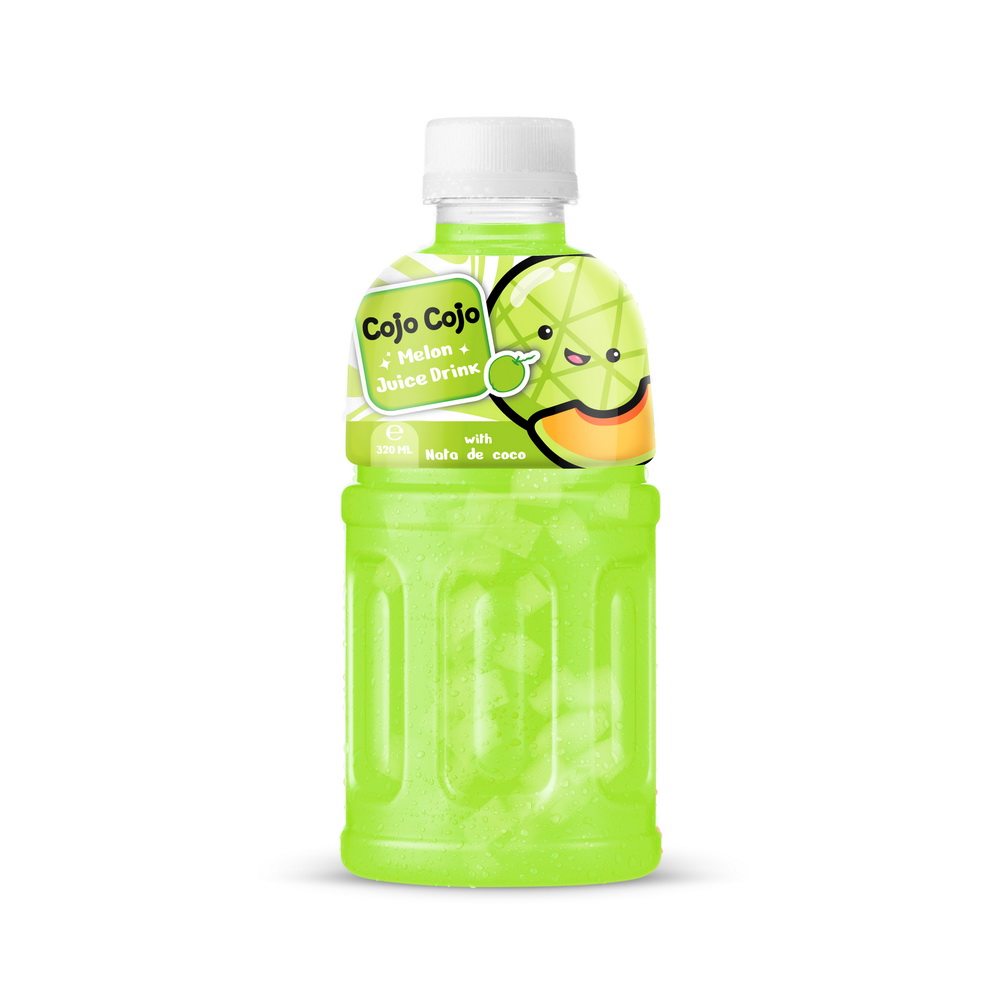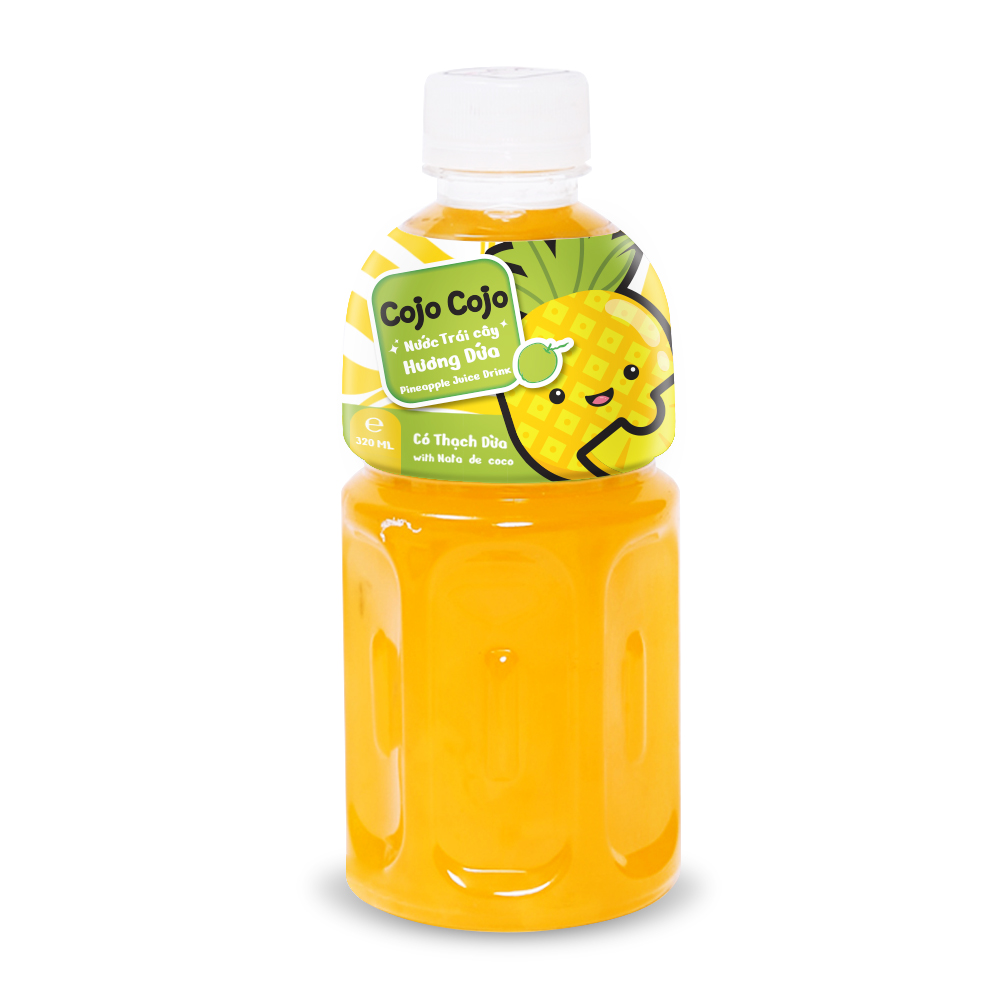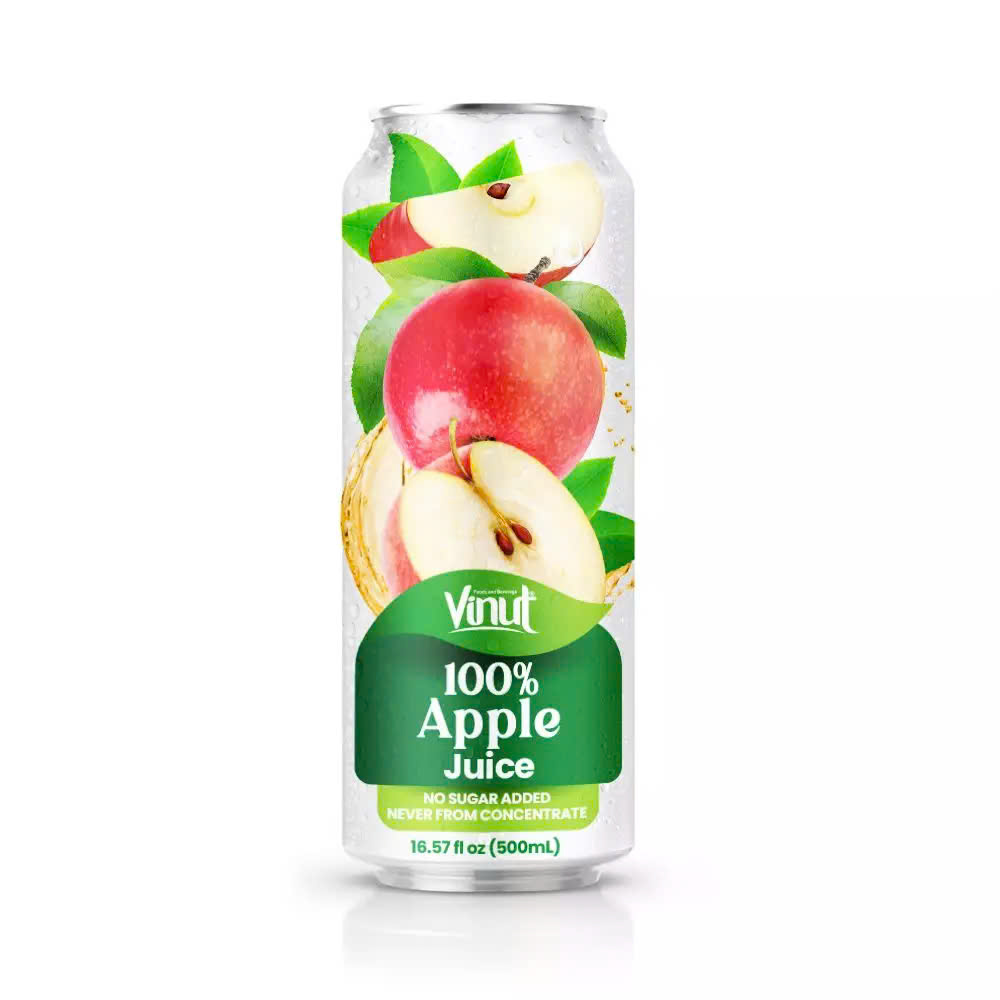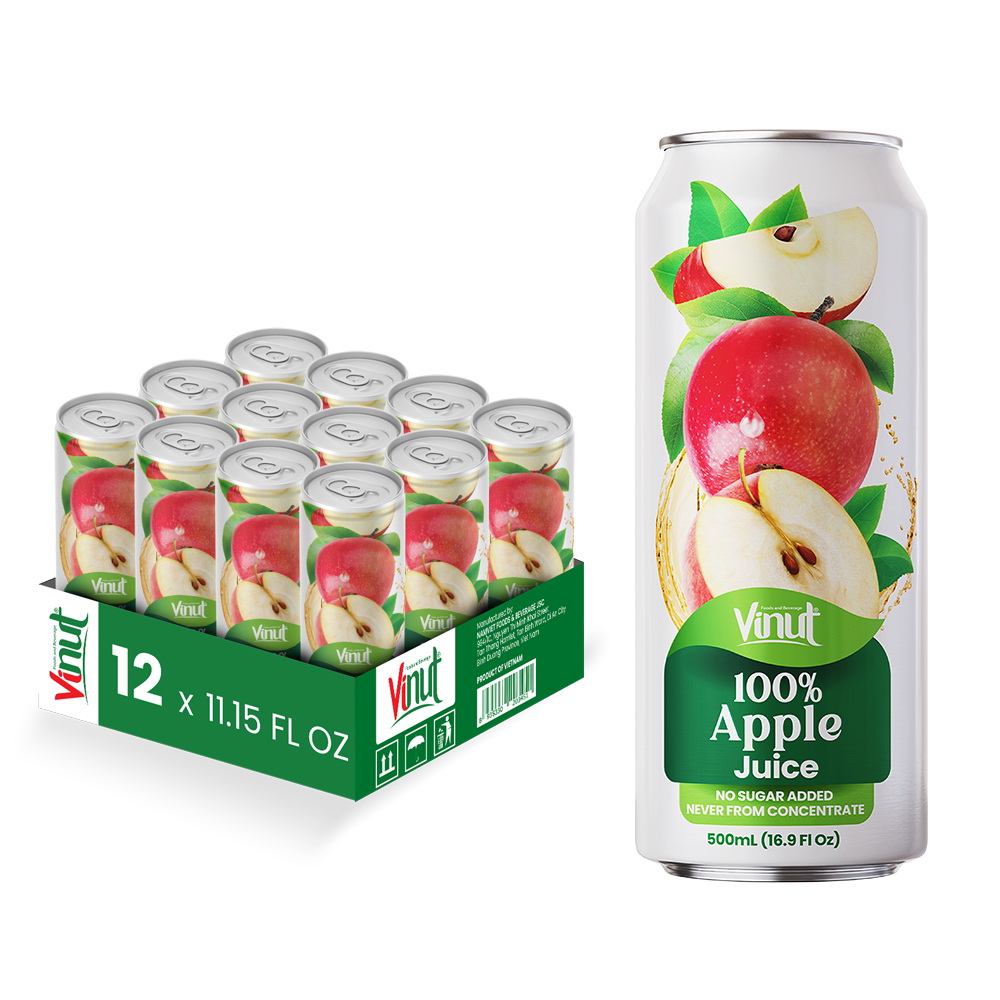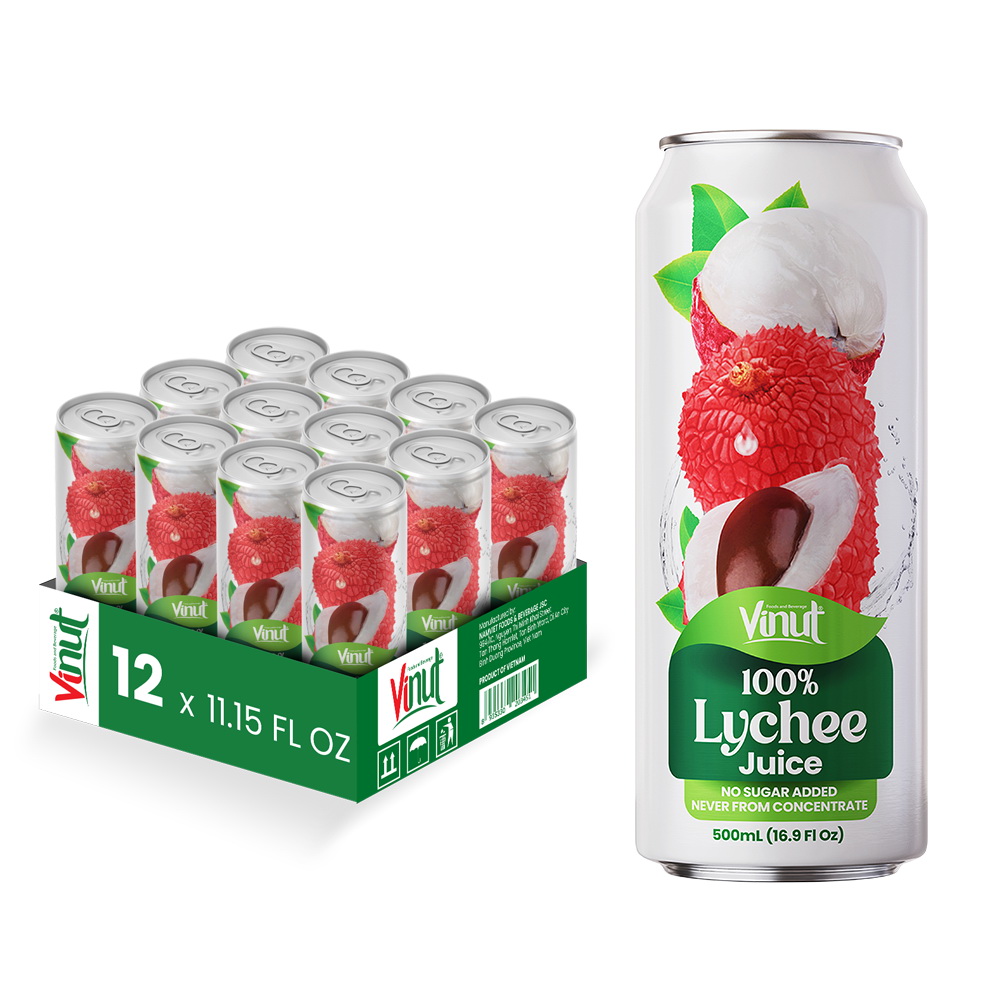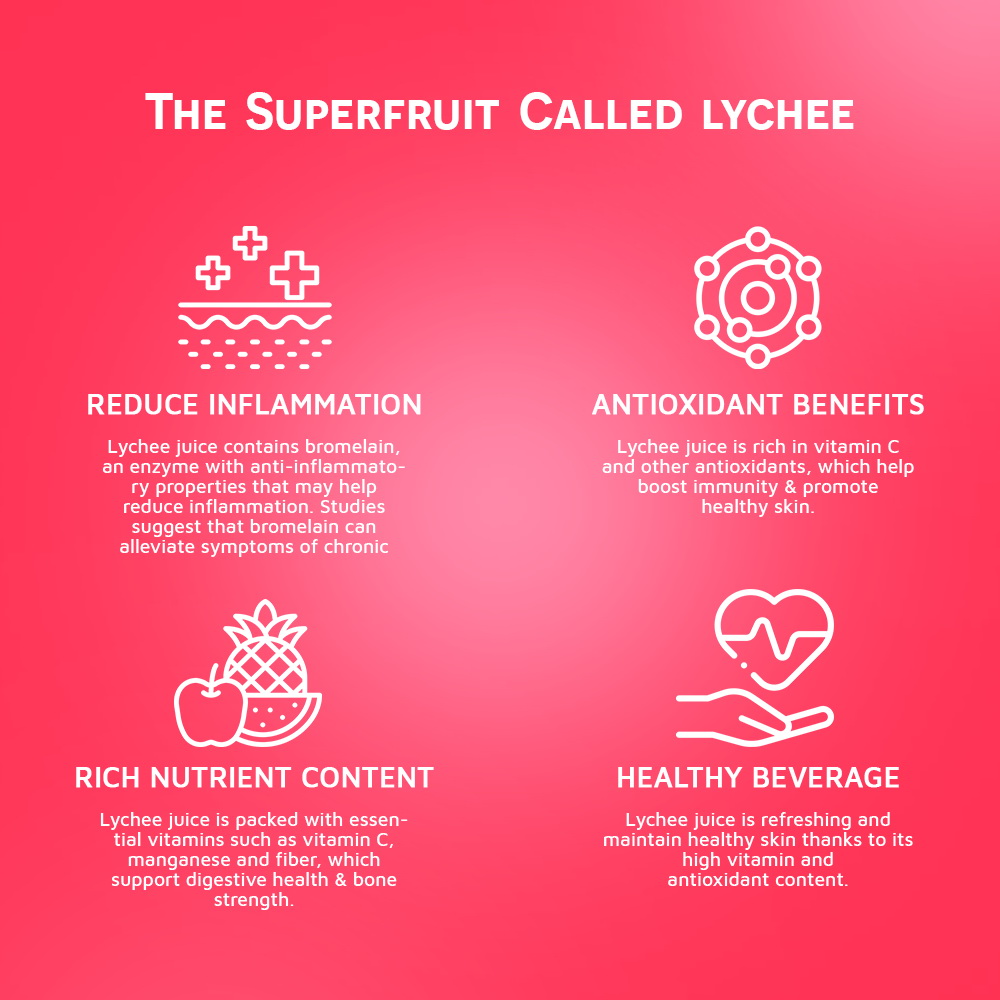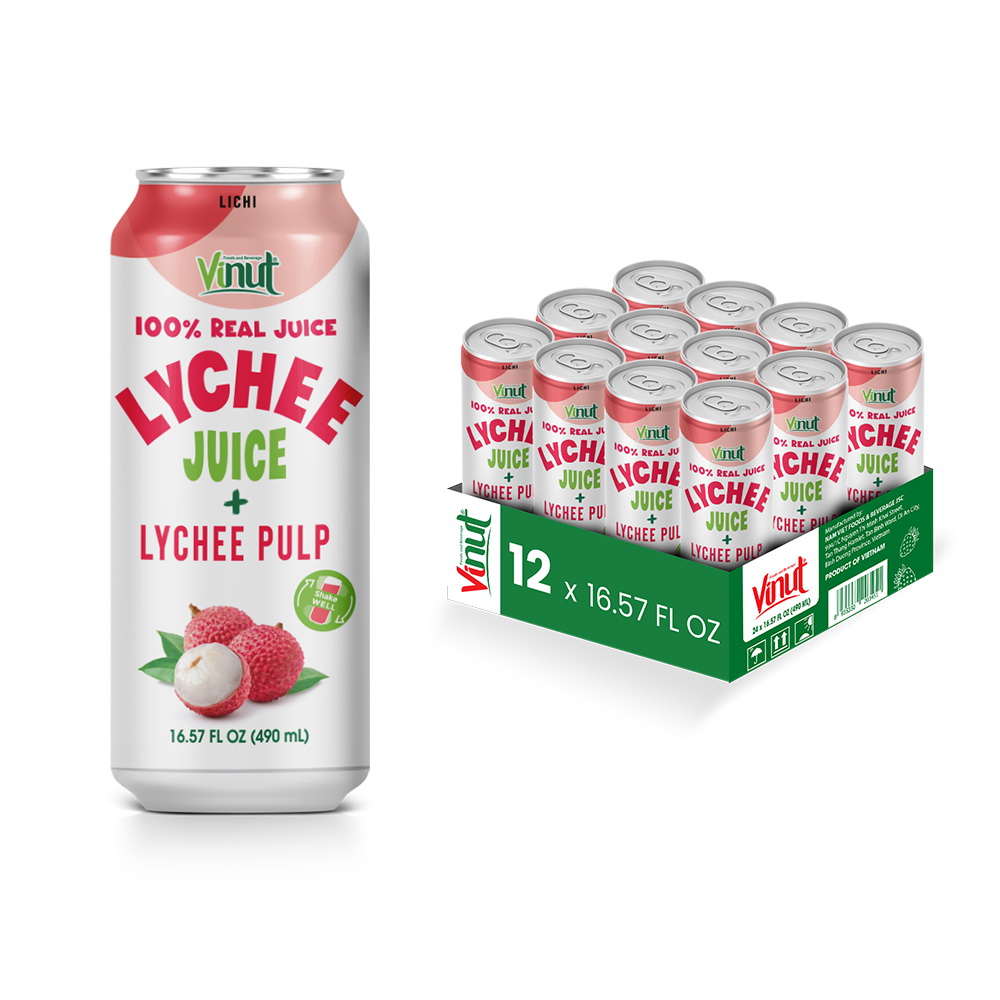
BLOG
Is 7-Day Detox Weight Loss with Juice Safe?
Table of Contents
Toggle
In the quest for rapid weight loss and rejuvenation, the 7-day detox juice cleanse has emerged as a popular choice among health enthusiasts and individuals looking to shed pounds quickly. Promoted as a natural and effective method to cleanse the body of toxins while promoting weight loss, this regimen involves consuming only freshly squeezed fruit and vegetable juices for a week. Advocates of juice detoxes claim a myriad of benefits, including improved digestion, increased energy levels, and of course, significant weight loss.
1. Understanding the 7-Day Juice Cleanse

The premise behind a 7-day juice cleanse is simple yet appealing: by consuming nutrient-dense juices, the body is flooded with vitamins, minerals, and antioxidants while abstaining from solid foods that may burden the digestive system. Proponents suggest that this process allows the body to focus on healing and detoxification, purportedly leading to weight loss as toxins are flushed out and metabolism is boosted.
The Detoxification Process
During a juice cleanse, the body is said to enter a state of detoxification where accumulated toxins from processed foods, environmental pollutants, and other sources are expelled. This detox process is believed to rejuvenate organs such as the liver and kidneys, potentially improving overall health beyond just weight loss.
Nutritional Content of Juices
Freshly prepared juices are rich in vitamins, minerals, and phytonutrients, offering a concentrated source of nutrition that proponents argue is easily absorbed by the body. The variety of juices typically includes a combination of fruits and vegetables chosen for their detoxifying and health-promoting properties.
2. Safety Concerns and Considerations

While the promises of a 7-day juice cleanse are enticing, several considerations regarding its safety and efficacy merit attention:
Nutritional Adequacy
One of the primary concerns with prolonged juice cleanses is the potential for nutritional deficiencies. Juices, while rich in certain nutrients, lack the complete spectrum of proteins, fats, and fiber essential for a balanced diet. Extended periods without these nutrients can lead to weakness, fatigue, and other health issues.
Impact on Metabolism
Critics argue that prolonged calorie restriction from juice cleanses can lower metabolism over time, making it harder to maintain weight loss once solid foods are reintroduced. This phenomenon, known as metabolic adaptation, may counteract the initial weight loss benefits.
Potential Side Effects
Some individuals may experience side effects such as headaches, dizziness, and nausea during a juice cleanse, particularly in the initial days as the body adjusts to reduced caloric intake and detoxification processes.
3. Scientific Evidence and Efficacy

Despite anecdotal reports of weight loss success and improved well-being from juice cleanses, scientific evidence supporting these claims remains limited and often inconclusive. While short-term weight loss can occur due to calorie restriction, long-term benefits and sustai
Studnability are questionable without accompanying lifestyle changes.
Detoxification Claims
The concept of detoxifying through juice cleanses lacks robust scientific support. The human body naturally detoxifies through organs like the liver and kidneys, and while dietary choices can support these processes, they do not inherently require extreme measures like a juice cleanse.
Weight Loss Sustainability
Studies suggest that while juice cleanses may result in immediate weight loss, maintaining these results long-term requires sustainable changes in diet and exercise habits. Without addressing underlying lifestyle factors, regained weight is common once normal eating resumes.
4. Conclusion: Balancing Risks and Benefits

In conclusion, a 7-day juice cleanse can offer short-term weight loss and a perceived sense of detoxification and rejuvenation. However, the safety and long-term efficacy of such cleanses are debatable. Individuals considering a juice cleanse should weigh the potential benefits against the risks, including nutrient deficiencies, metabolic changes, and potential side effects.
For those interested in trying a juice cleanse:
Consult with a Healthcare Professional: Especially if you have underlying health conditions or concerns.
Shorter Durations: Consider shorter cleanses or intermittent juice fasting rather than prolonged periods.
Hydration and Monitoring: Stay hydrated and monitor how your body responds, adjusting as necessary.


